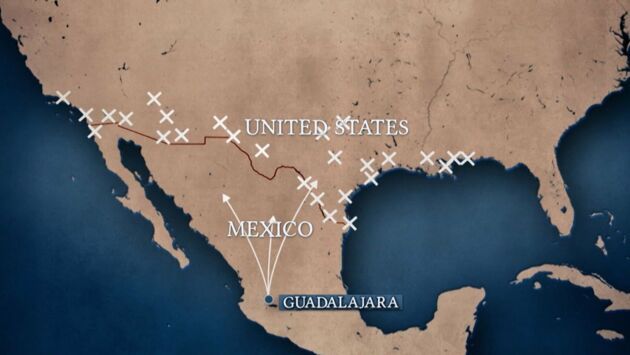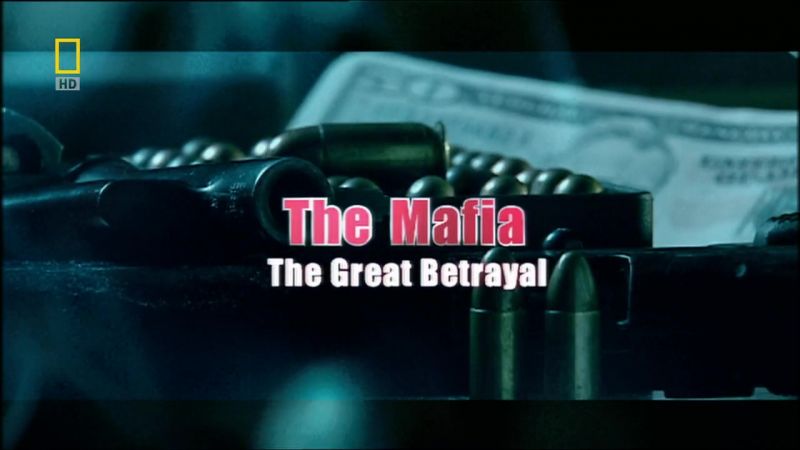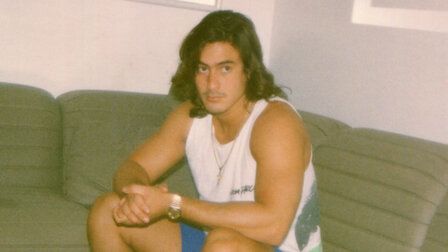Era of the Drug Lords • 2020 • episode "S1E2" • The Story of Drug Trafficking
The first world power goes to war against drugs: the United States strikes hard. But the drug trade never dies. It moves, transforms, adapts. As the war on drugs progresses around the world, a new generation of drug lords emerged at the end of the 1970s, more powerful than ever. These criminals were not only in it for the money; they also wanted power. Pablo Escobar was the most notorious, but there was also Toto Riina in Sicily, Khun Sa in the Golden Triangle, and Felix Gallardo in Mexico, all of whom changed the destinies of their respective territories by taking drug trafficking to a global scale. They defied states and threatened the powers-that-be. It took almost 20 years for states to get organized and come up with strategies to bring down the drug barons.
Make a donation
Buy a brother a hot coffee? Or a cold beer?
Hope you're finding these documentaries fascinating and eye-opening. It's just me, working hard behind the scenes to bring you this enriching content.
Running and maintaining a website like this takes time and resources. That's why I'm reaching out to you. If you appreciate what I do and would like to support my efforts, would you consider "buying me a coffee"?
Donation addresses
BTC: bc1q8ldskxh4x9qnddhcrgcun8rtvddeldm2a07r2v
ETH: 0x5CCAAA1afc5c5D814129d99277dDb5A979672116
With your donation through , you can show your appreciation and help me keep this project going. Every contribution, no matter how small, makes a significant impact. It goes directly towards covering server costs.








